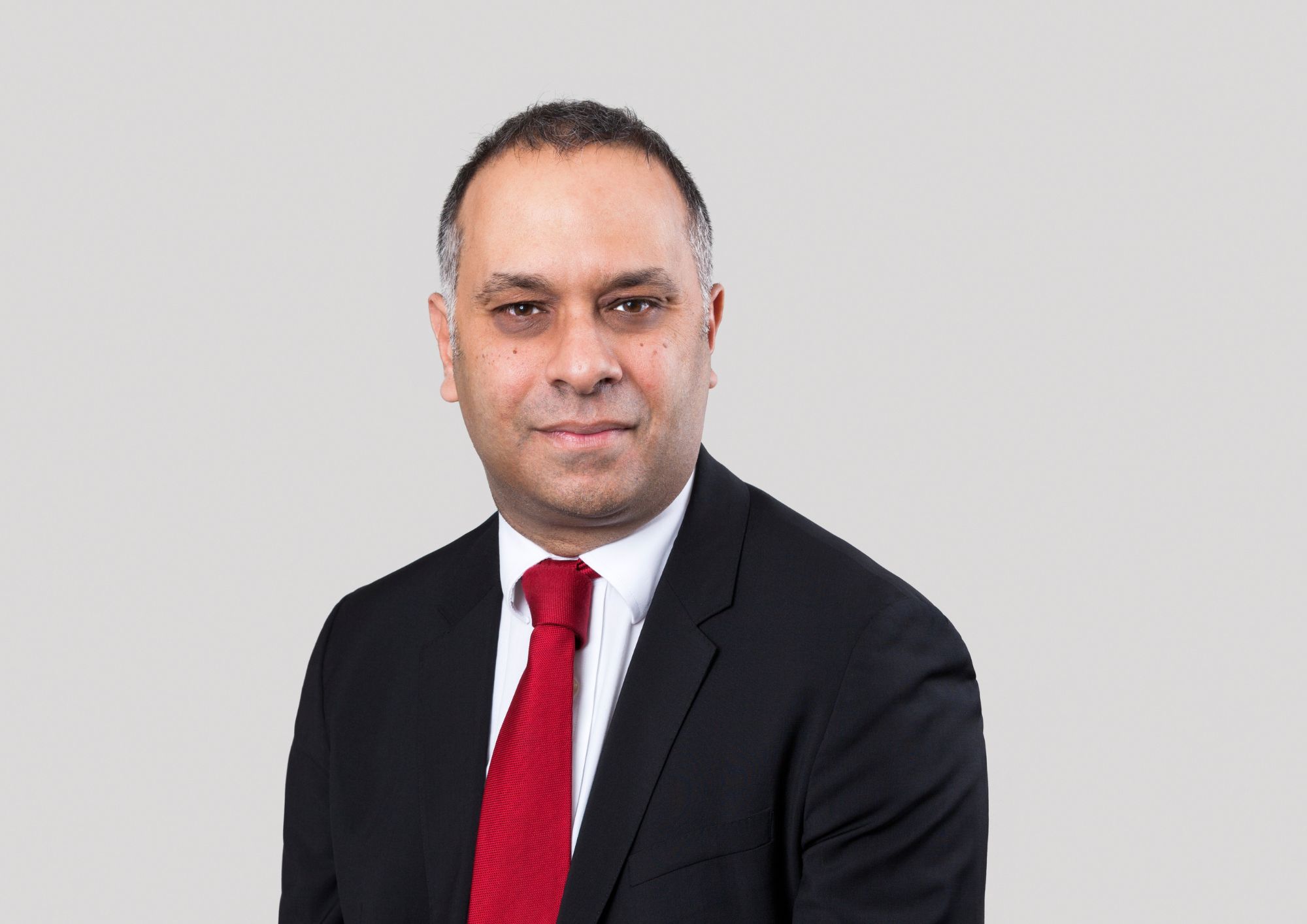May Day interview: The law is being politicised to crush our right to protest, warns top lawyer Raj Chada
'When we say we should celebrate the Suffragettes, we mean it but then today’s versions of the Suffragettes are demonised and imprisoned'
Thursday, 2nd May — By Dan Carrier

Raj Chada is a partner at Hodge, Jones and Allen
AS thousands took to the streets this week to celebrate May Day, one of the country’s leading lawyers Raj Chada, a partner at Hodge, Jones and Allen, has issued a chilling warning over how attacks on protesters could undermine democratic cornerstones of Britain’s political and legal system.
The former Labour leader of Camden Council has spent a career fighting crucial cases and last week he won a landmark decision for Hampstead pensioner Trudi Warner.
Trudi, 69, a retired social worker, had been arrested for standing outside the High Court with a sign that reminded jurors they were able to make a decision based on their conscience.
She was arrested for criminal contempt, with the solicitor general arguing that her placard, held up as jurors made their way into hear a trial of climate activists, broke the law.
However, High Court judge Mr Justice Saini found there was no basis for her prosecution.
Other high profile cases Mr Chada has worked on include the so-called Colston Four – Bristol-based protesters who removed a statue of an infamous slave trader. And it is his experience defending people protesting that has led him to conclude the current government is using the law to stifle dissent.
“There is a real battle going on at the moment between activists, protesters and authorities,” he said.
“There is an overt crackdown – oppression – and the Trudi Warner case should be seen in this light. Sentences have become longer, the Public Order Act has added to this and the police have become much less tolerant. Protests are being cracked down on really quickly. Prosecutions are likely to result in more serious charges.”
And he says the Conservative government has repeatedly tried to erode the rights of people they simply do not agree with.
“The first tranche of new legislation, which came in 2022, is disgraceful,” he said. “Home office sources were briefing in the press against BLM [Black Lives Matter] and Extinction Rebellion [XR]. We have a government cracking down on political opponents. That goes against all our democratic traditions and is very Trumpian.”
This interference saw the Colston Four case politicised.
“Number 10 had a meeting with the chief constable of Avon and Somerset the day after,” Mr Chada said. Other examples abound. “When XR blockaded Rupert Murdoch’s printing press in Hertfordshire, the chief constable had been briefed by the PM and the home secretary on the telephone, through the night. [Home secretary] Priti Patel was on the phone to the police saying you need to move these protesters more quickly. Again, it became politicised.”
He added: “You have to ask what the priority is for the government,” he asks, as arrests add extra burdens to a creaking justice system. They have taken half a year of court time to prosecute the group Insulate Britain. That is unheard of. It really doesn’t make sense.
“A lot of other criminal cases now are being logged for two to three years to get to trial. We are talking about some that won’t be heard until 2026.”
This is a knock-on effect of the strict new powers brought in under the new Public Order Act, he said. “The raft of new legislation will mean more people being taken to Crown Courts, adding to the pressure on the system, and potentially meaning more people being sent to prison, leading to further overcrowding.” But while a new government is likely to be elected this year, the answer doesn’t automatically lie in simply repealing protest legislation.
Mr Chada said: “What the next government should focus on is why so many are protesting. “We are seeing thousands standing up for their rights and rather than see a crime control response, they need to instead look at why people are taking to the streets.
“I want to see a Labour government address the injustices in relation to the climate crisis, to inequality, to Palestine. People are on the streets as they do not feel mainstream politics is speaking up for them. “The first issue for a new administration is to be radical in talking about these injustices, and part of that is how we treat protests.”
Above all, allowing people the freedom to air their views is the sign of a healthy society.
“To renew our democracy is a real challenge, but a welcome one,” adds Mr Chada. “We should welcome protests – they are a good thing. When we say we should celebrate the Suffragettes, we mean it but then today’s versions of the Suffragettes are demonised and imprisoned.”
